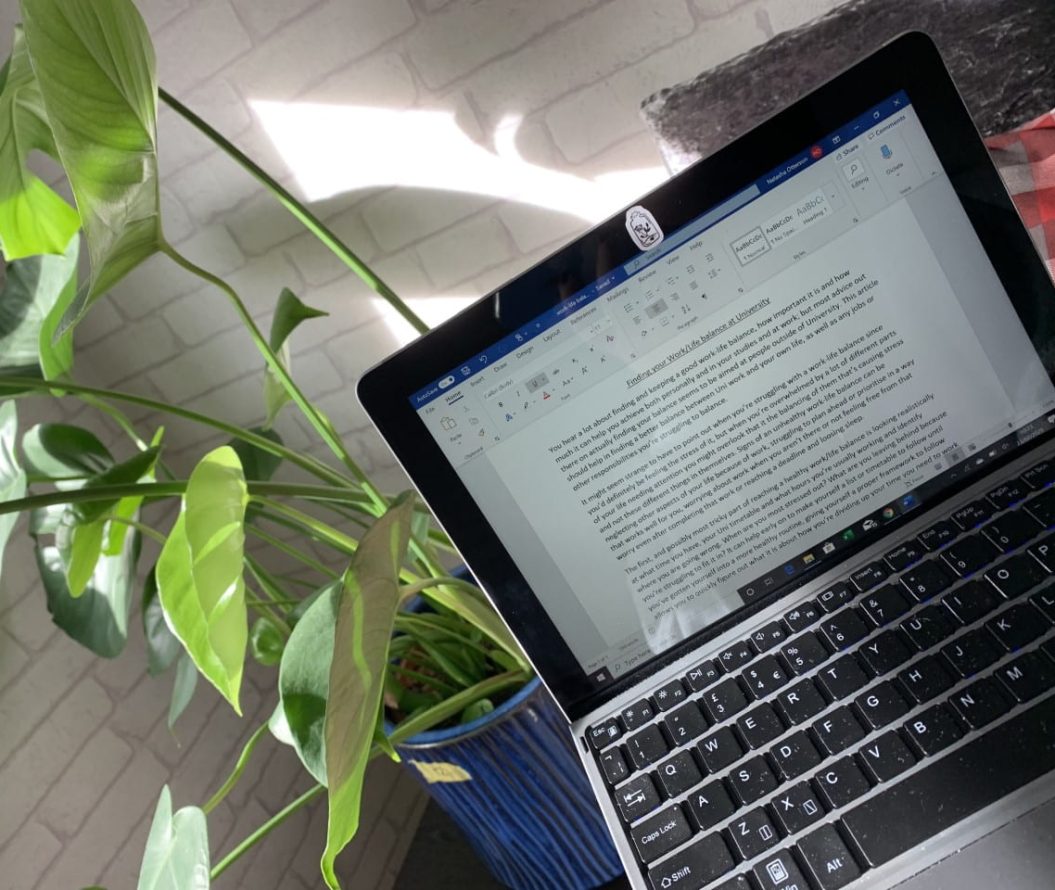Hi! I'm a Third-year Drama and English student, and I'm from Manchester. Manchester is known for its high standard theatre, so that's where my passion for Drama came from, but I also love to write. I really enjoy Musical Theatre…

It’s usually recommended by your professors and tutors that you should refer to your module handbooks at the start of, and during your modules. 9 times out of 10 though, most people forget it even exists. Here’s why you need to use these handbooks!
Important Information:
Your handbook contains information such as your module tutors, the module leader, their contact details, and how many contact hours you will be working per week. It will also cover other things such as the module synopsis, which gives you a pretty good idea as to what the module is really about, keeping you on track in your studies. This breakdown of the module creates a deeper understanding of what is expected from you in your assessments, and it also highlights keywords and points that you should cover.
Module Syllabus:
This tells you what subjects you’ll be studying and also (sometimes) what books you will need to purchase for the module. (Little tip, you can usually find cheaper alternatives on Amazon’s used/like new alternatives). The module syllabus will give you any content warnings, keep you prepared for each week and will tell you what you will need for each class. This way you can get a jump start on your reading!
Module Outcomes:
These are vital for your assessments and essays, as it tells you exactly what is required from each assessment. During the planning and execution of your assignments, you should constantly refer back to this. It’s essentially a cheat sheet for your assessments, and it’s really useful to use as a checklist to keep you on track.
Assessments:
This will keep you informed on your assessments, their percentage of the overall grade, what learning outcomes they cover, and so on. It’s super helpful to outline exactly what your final assessments will be, and their contribution to your grade. Also, if you’re lucky, your module leader may put in a few example questions or even the selection of questions for you to consider during the module. This is amazing as it gives you more time to choose your essay or assessment topic.
Indicative Reading:
Each module handbook should supply a reading list of recommended secondary sources. Take advantage of this, because you can use these in your assessments! They are literally given to you by the module leader, so they are definitely beneficial to your topic.
If you’re starting university in September, or you find you just need an extra push next academic year, take this advice to give you a leg up on your studies. Keeping on track of your course relies on you using the module handbook to its full advantage – it’s basically a guide on how to get through the module, you just have to know where to look! Good luck, and keep an eye out for your handbooks!
This article is featured on Learning at Lincoln.
Please note: This content was created prior to Coronavirus, and some things might be different due to current laws and restrictions. Please refer to the University of Lincoln for the latest information.




